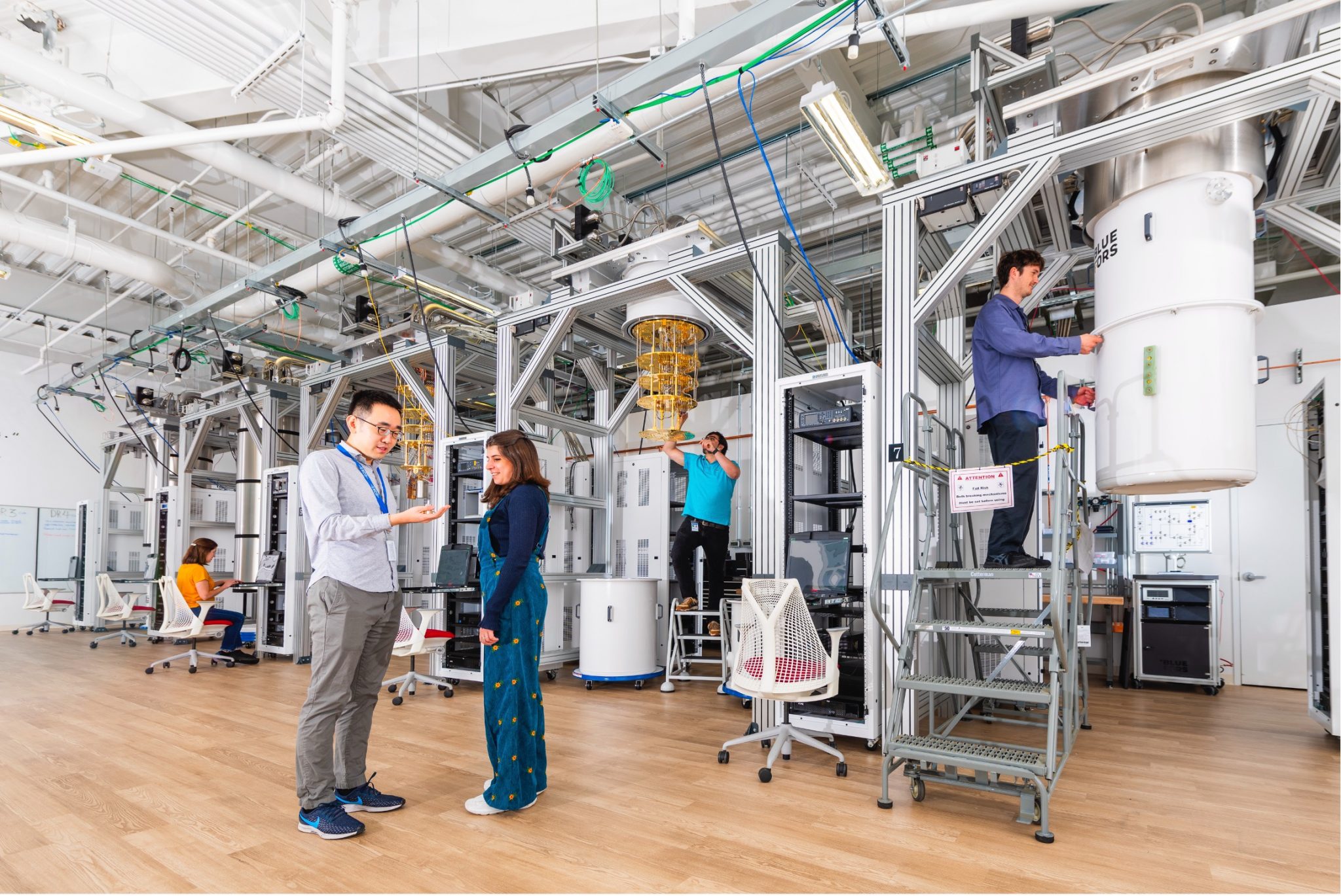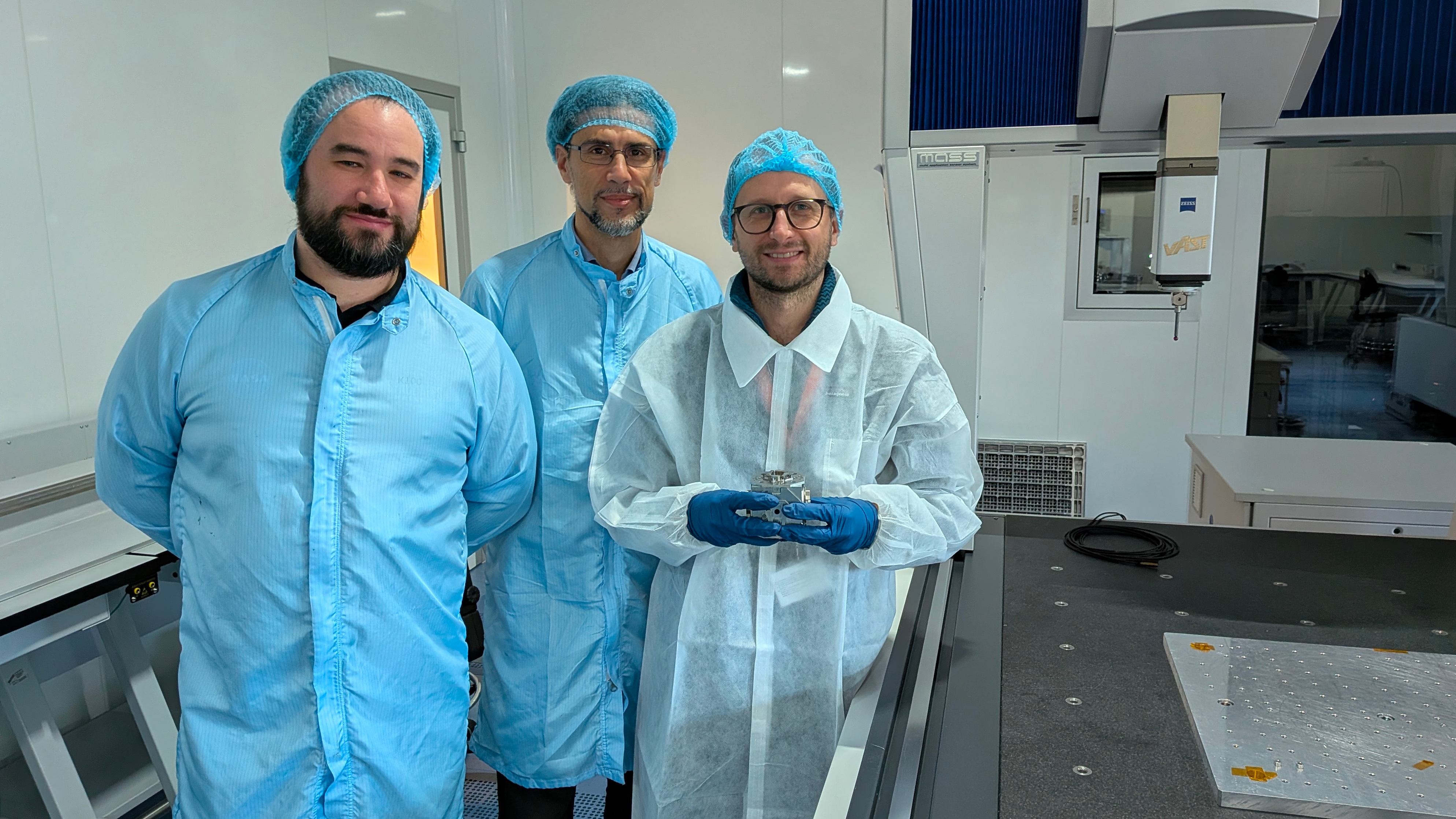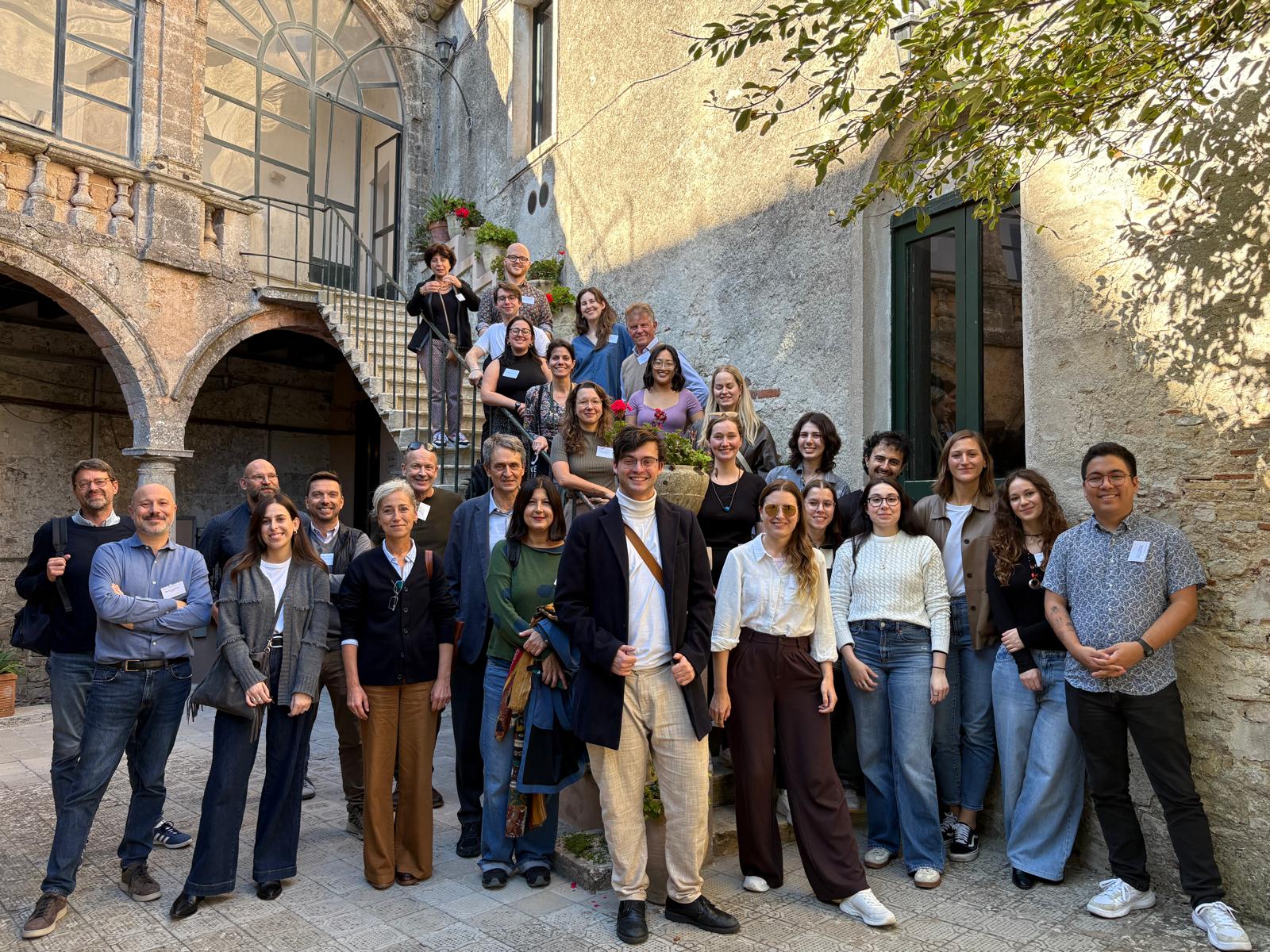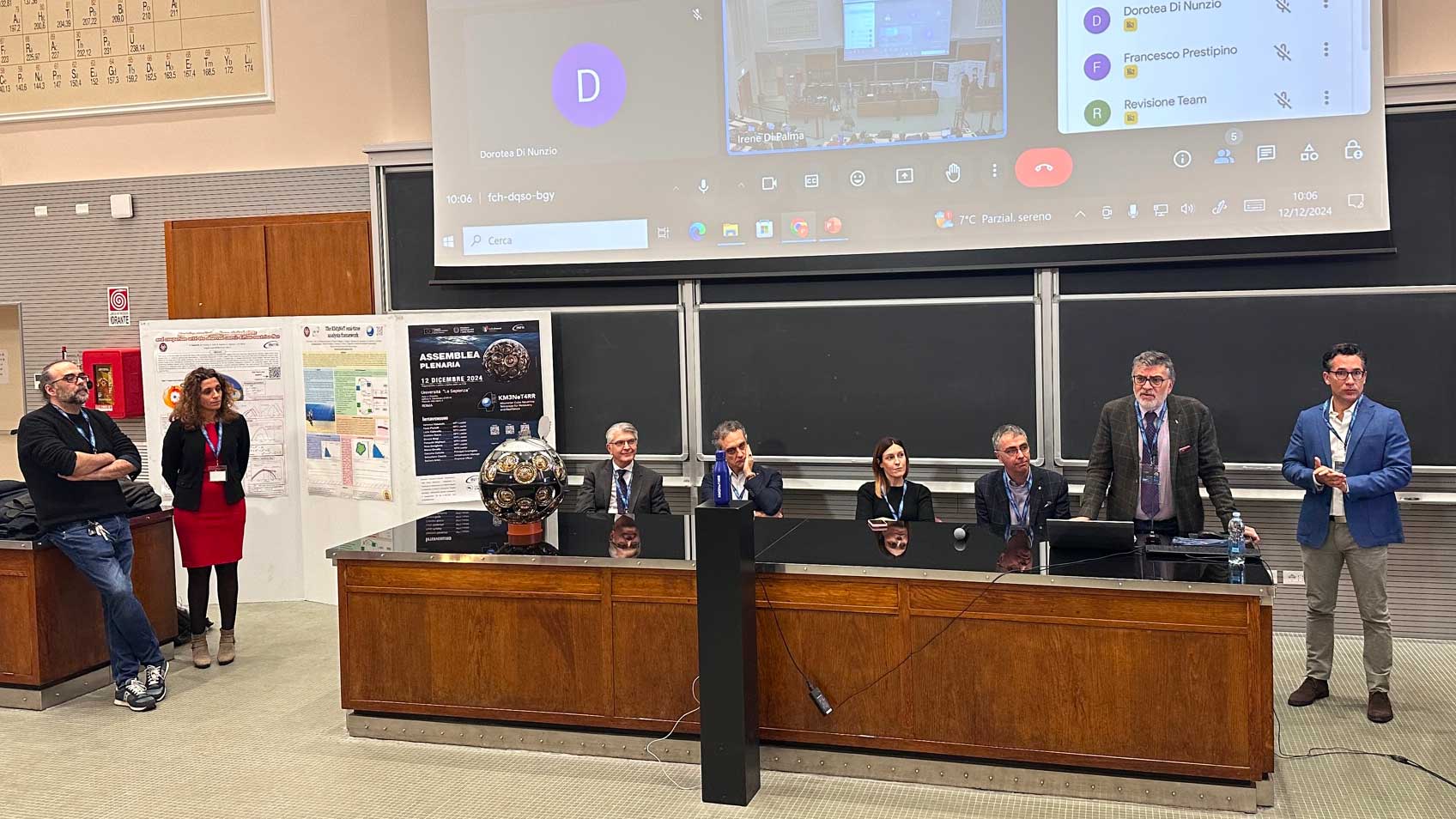It is the largest undersea research infrastructure at more than three thousand metres deep in the Mediterranean Sea: it is called KM3NeT and is a cosmic neutrino detector that in its final configuration will occupy a volume of one cubic kilometre, with the ARCA detector, in Italy, off Portopalo di Capo Passero in Sicily, optimised for searching for high-energy neutrino sources in the universe, and the ORCA detector, in France, off Toulon, dedicated to the study of the neutrino mass. The KM3NeT infrastructure also hosts instrumentation for Earth and ocean sciences. KM3NeT will also contribute significantly to research in so-called multimessenger astronomy, to the extent that its scientific significance has also been recognised by ESFRI, the European Strategy Forum on Research Infrastructures, which has included it in its roadmap of major projects in which it is important to invest in Europe. Italy, which along with France and the Netherlands is the lead partner in KM3NeT, has dedicated the KM3NeT4RR project, coordinated by INFN and funded with 67 million euros, within the scope of Mission 4 coordinated by the Ministry of Universities and Research (MUR) of the Next Generation EU National Recovery and Resilience Plan, to the significant upgrading of the ARCA detector. On 12 December, two years after its inception, KM3NeT4RR convened its General Meeting at the Sapienza University of Rome, an opportunity for the scientific community to meet and discuss the results achieved to date and the next commitments. The INFN structures of the Southern National Laboratories and the Divisions of Naples, Catania, Bari, Bologna, Rome and Genoa are engaged in KM3NeT4RR. Also involved are the divisions of the INAF National Institute of Astrophysics in Catania and Palermo, as well as the Vanvitelli University, the University of Salerno, the Polytechnic University of Bari, two departments of the University of Catania, the Federico II University of Naples, the University of Genoa and the Sapienza University of Rome.






